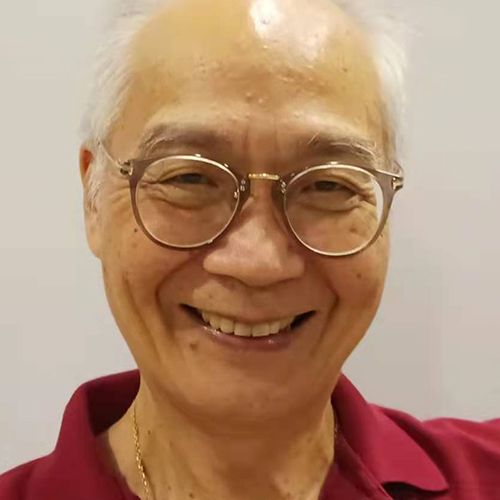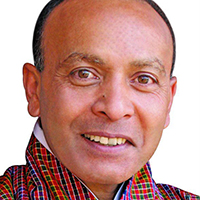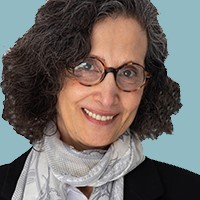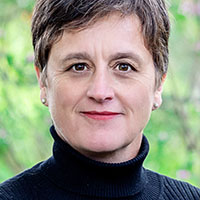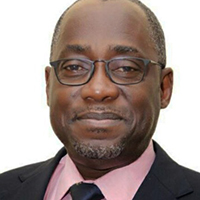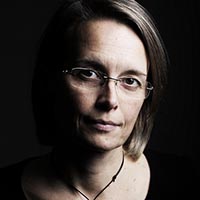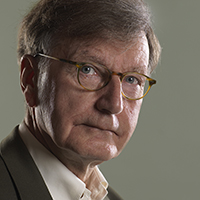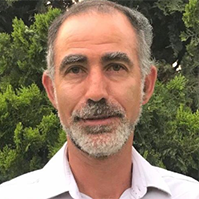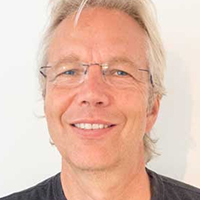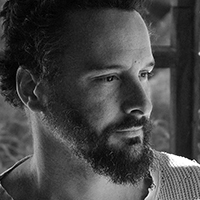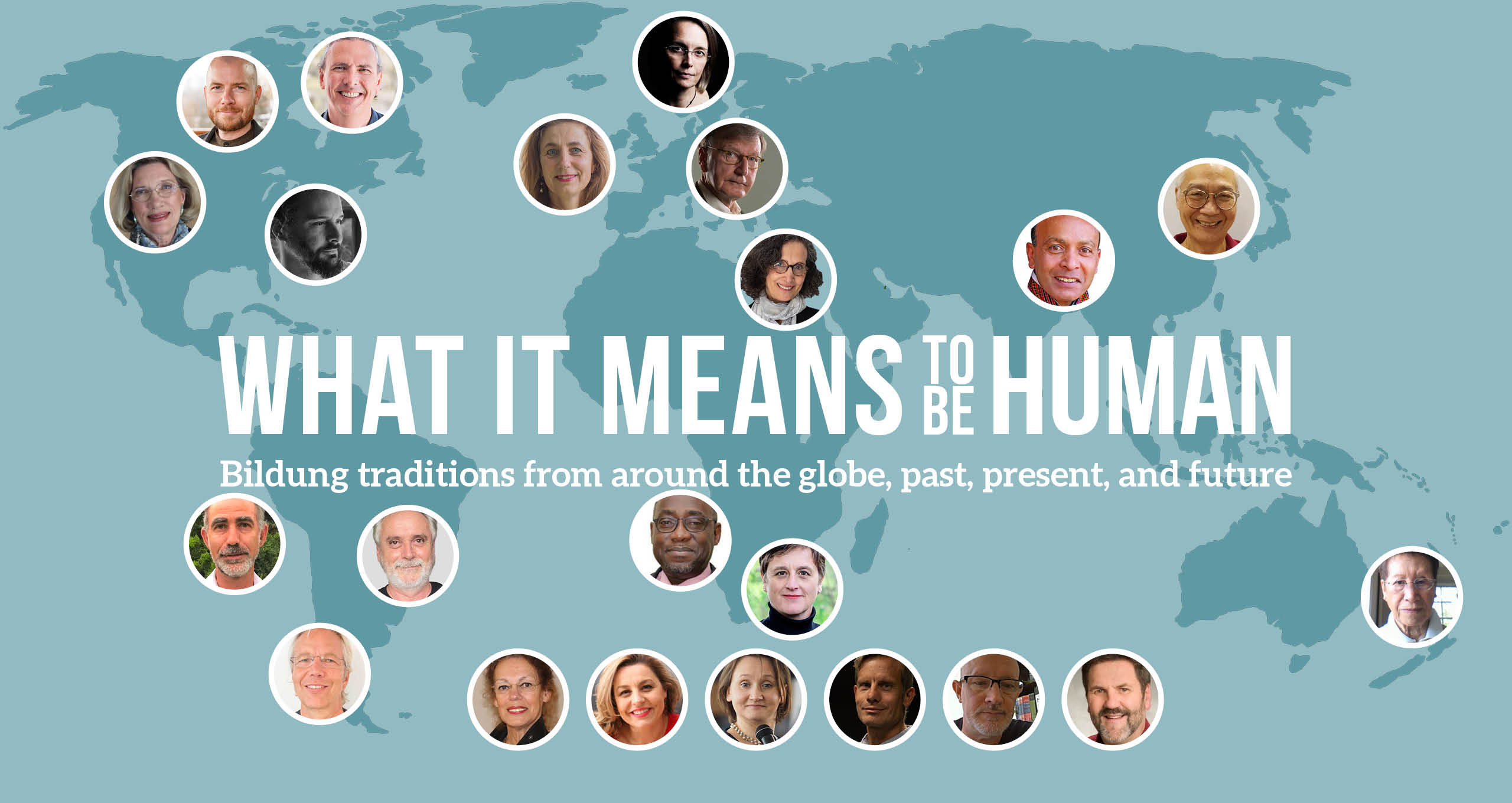
Join the global conversation
Not another webinar!
Global Bildung Day is your chance to meet people from around the globe online and discuss what really matters. We want your perspective in the conversation!
The theme on March 21 is What it means to be human and how we can change education so humanity can flourish.
As part of the event, we will also launch the book What it Means to Be Human: Bildung traditions from around the globe, past, present, and future.
18 writers from around the globe have contributed, and we have managed to get most of them as speakers at the Global Bildung Day.
Meet:
Noema Williams, NZ
Cheng Yi-Heng, China
Thakur S. Powdyel, Bhutan
Eliane Metni, Lebanon
Lene Rachel Andersen, DK
Klaas van Egmond, NL
Marcos Sarasola, Uruguay
Steve Joordens, Canada
Sandra Ericson, USA
Zak Stein, USA
and many more…
Our journey begins in Oceania and goes through East Asia, Asia, the Middle East, Africa, Europea, and Latin America, until we end in North America.
Participation in Global Bildung Day on zoom and joining the Global Bildung Network is free of charge. In the Global Bildung Day Space in the Global Bildung Network you will find articles, discussions about bildung, and much more.
To learn more about what bildung is, please go here: https://www.nordicbildung.org/lexicon/what-is-bildung/
Program
Oceania, East Asia, Asia, & the Middle-East: 05:00-13:00 / 5am-1pm UTC
Hosts
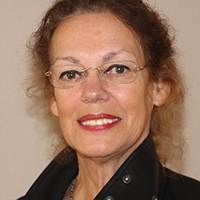
Sandra Verbruggen, Netherlands
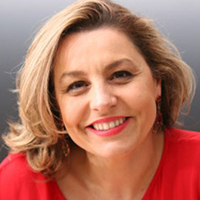
Ines Medeiros, Brazil
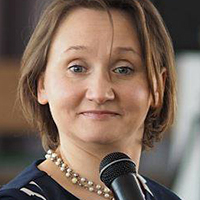
Irena Pranskevičiūtė, Lithuania
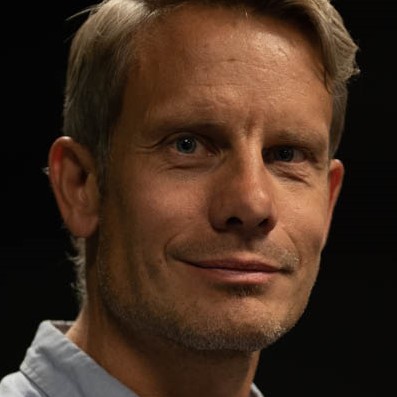
Martin Ivarson, Sweden
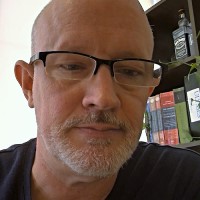
Robert McTague, Romania & US
Oceania:
05:00-06:45 / 5:00am-06:45am UTC
18:00-19:45 / 6:00pm-7:45pm Wellington
16:00-17:45 / 4:00pm-5:45pm Melbourne
East Asia:
07:00-08:45 / 7:00am-08:45am UTC
16:00-17:45 Tokyo / 15:00-16:45 Beijing
Three different traditions define bildung in China: Taoism, Confucianism, and Buddhism. But how are they different, and can they inspire education elsewhere too?
Asia:
09:00-10:45 / 9:00am-10:45am UTC
16:00-17:45 Bangkok / 14:30-16:15 Mumbai
The Middle East & Conclusion:
11:00-13:00 / 11:00am-1:00pm UTC
14:30-16:30 Tehran / 11:00-13:00 Rabat
Africa, Europe, Latin America, and North America:
15:00-23:00 / 3pm-11pm UTC
Hosts

Sandra Verbruggen, Netherlands

Ines Medeiros, Brazil

Irena Pranskevičiūtė, Lithuania

Martin Ivarson, Sweden

Robert McTague, Romania & US
Africa:
15:00-16:45 / 3:00pm-4:45pm UTC
17:00-18:45 Cape Town / 16:00-17:45 Lagos
The African continent is rich with indigenous traditions and modern African philosophy. What is Ubuntu, what can we all learn from this traditional African understanding of human development, and what are some of the other African traditions and philosophies of life?
Europe:
17:00-18:45 / 5:00pm-6:45pm UTC
19:00-20:45 Kyiv / 18:00-19:45 Paris
Latin America:
19:00-20:45 / 7:00pm-8:45pm UTC
16:00-17:45 Sao Paulo / 13:00-14:45 San José
Latin America has a rich tradition of both Liberation Theology and pedagogy as political protest. Who were Paulo Freire and Humberto Maturana, and what can we learn from them today? And what is Buen Vivir?
North America & Conclusion:
21:00-23:00 / 9:00pm-11:00pm UTC
17:00-19:00 / 5pm-7pm Washington DC
14:00-17:00 / 2pm-4pm Vancouver
Once upon a time in America, there was a deliberate education and bildung effort called Human Ecology; what was it? Now there are new educational prospects coming from AI, but what happens to the transfer of knowledge from generation to generation and with bildung in a world of AI?
Organizers
Looking very much forward to seeing you on March 21st!
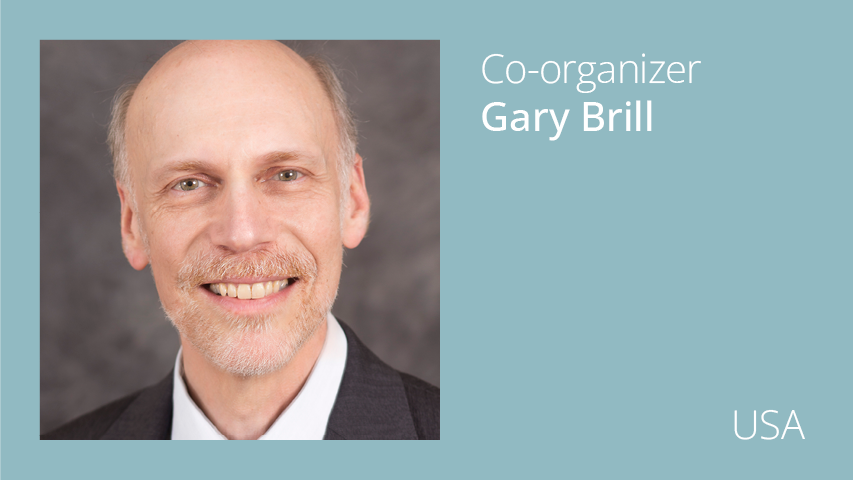
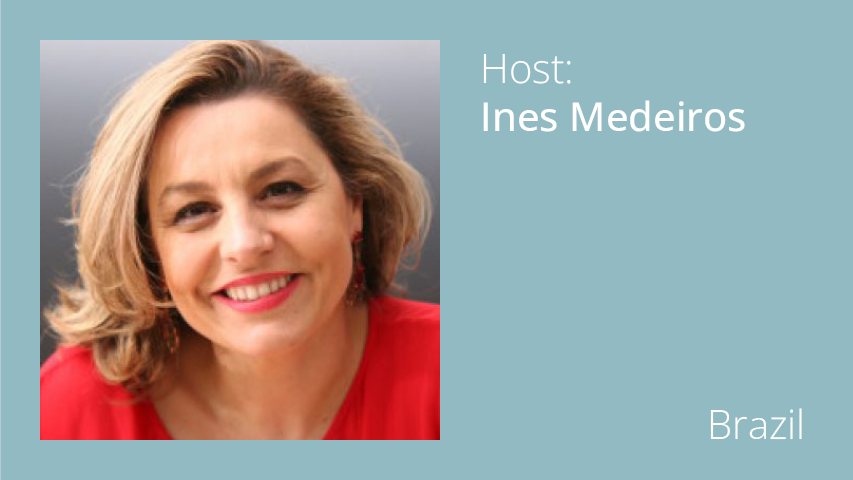
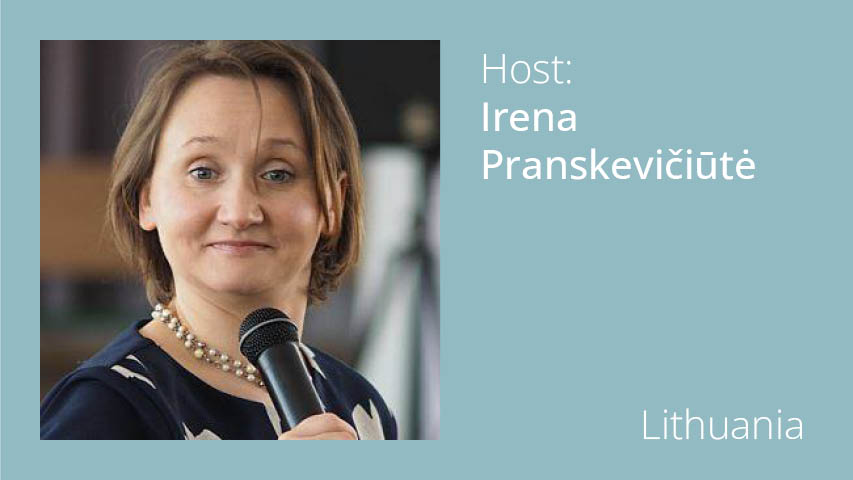
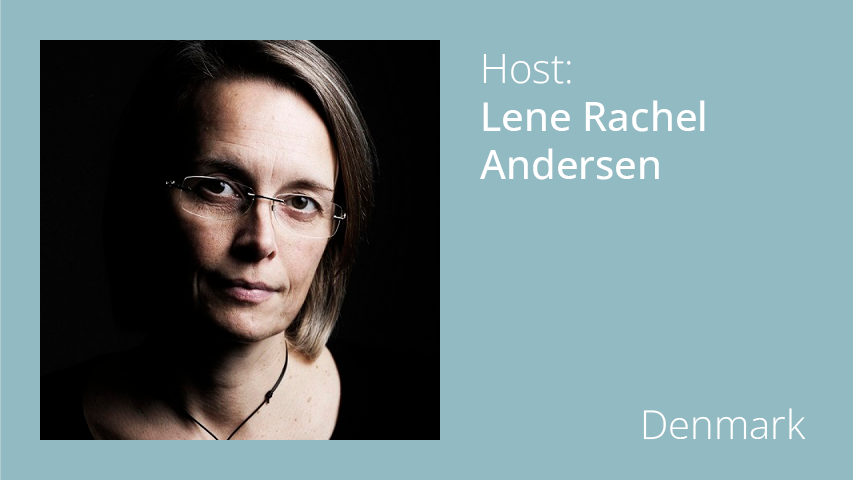
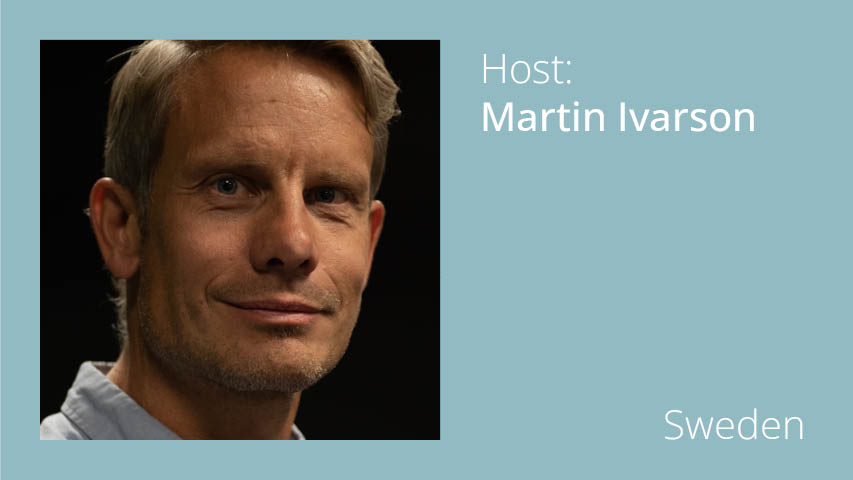
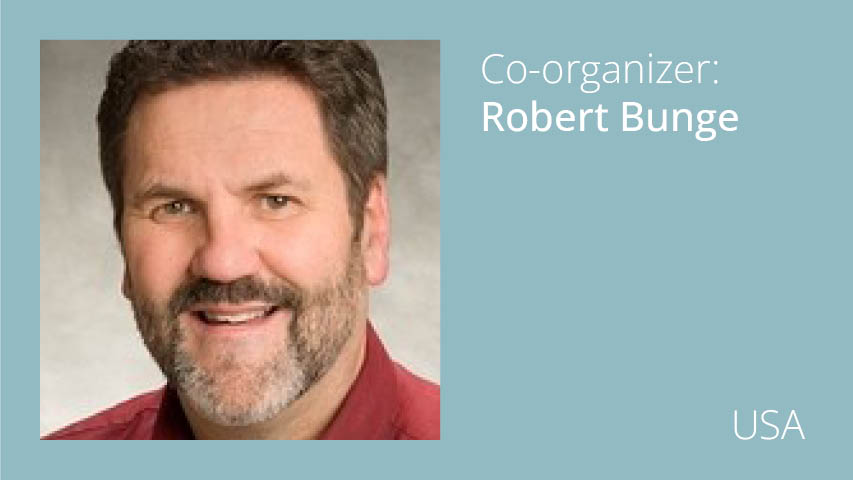

Check out the Global Bildung Day 2023 September 21: https://www.globalbildung.net/gbd2023-september-21/
If you have any doubts about what time the presentations begin in your time zone, you can check it here:
Go ahead! Participation in Global Bildung Day is free of charge.
Global Bildung Day Space:
If you would like to join the GBD Space in the Global Bildung Network where we have already started the discussions, we offer three prices: Regular, Low Income Friendly, and Donation Friendly.




